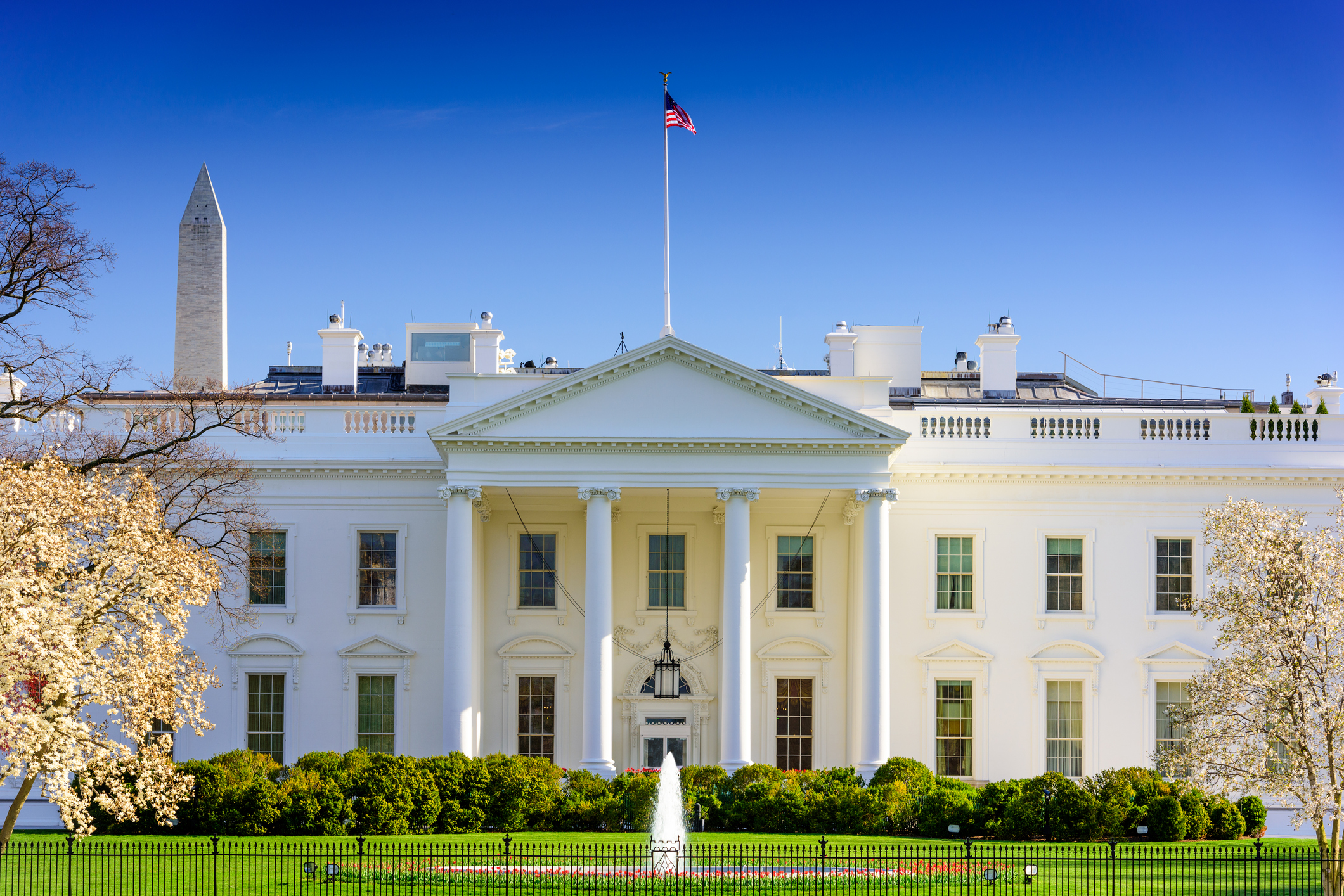Russia has amassed more than 100,000 troops at the Ukrainian border, leading the White House to issue a warning on January 25 that the U.S. is “prepared to implement sanctions with massive consequences that were not considered in 2014 [when Russia invaded and annexed the Crimea region of Ukraine]” if Russia “further invades Ukraine”. President Biden conducted a telephone call with Ukrainian President Volodymyr Zelenskyy on January 27 in order to reaffirm his administration’s support for Ukraine. The White House has proposed a strategic response which could hurt Russia with measures calculated to exact immediate and sustained harm to the Russian economy. A senior administration official stated that “[i]n addition to financial sanctions, which have immediate and visible effect on the day they’re implemented, we’re also prepared to impose novel export controls that would deal Putin a weak strategic hand over the medium term.” Congress is also considering taking action, with a bipartisan group of Senators currently negotiating provisions of S. 3488 titled the “Defending Ukraine Sovereignty Act of 2022” and a companion bill introduced in the House (H.R. 6470). However, for the avoidance of doubt, the U.S. has not yet responded systematically to the Russia-Ukraine border situation through new sanctions or export controls (though OFAC did designate four (4) Ukrainian officials on January 20, 2022 for acting on Russia’s behalf).
The Biden Administration has indicated that any retaliatory sanctions and export controls will likely be closely aligned with an expected European response. According to media reporting, potential responsive U.S. sanctions and export controls measures could include:
- Office of Foreign Assets Control (“OFAC”) Specially Designated National and Blocked Persons List (“SDN List”). President Biden said he would consider personally sanctioning Russian President Vladimir Putin, which would most likely mean placing Putin on the SDN List. The U.S. would likely place many other Russian individuals and entities on the SDN List, such as “oligarchs” perceived to be close to the Russian regime. S. persons are prohibited from dealing with SDN List designees, whether directly or indirectly, and the OFAC 50 Percent Rule extends such “blocking” sanctions to entities owned, directly or indirectly, 50 percent or more by one or more SDN List designees.
- Exclusion from the Society for Worldwide Interbank Financial Telecommunication (“SWIFT”) System. This measure was implemented against Iran in 2012 and would be harmful to the Russian economy.
- U.S. Dollar Clearing Sanctions. While certain designees under OFAC sanctions are already prohibited from clearing transactions through U.S. correspondent banks, a more widescale ban on such transactions for even non-designated entities could be far more impactful.
- Secondary Market Russian Sovereign Debt. As we previously reported, effective June 14th, 2021, OFAC Directive 1 under Executive Order 14024 prohibits U.S. financial institutions from engaging in activities with the Central Bank of the Russian Federation, the National Wealth Fund of the Russian Federation and the Ministry of Finance of the Russian Federation which involve either participation in the primary market for ruble or non-ruble denominated bonds issued by those institutions or lending ruble or non-ruble denominated funds to those institutions. The U.S. could expand these sanctions to also prohibit the secondary market from conducting transactions tied to Russian sovereign debt.
- Widescale Blocking of Transactions with Russian Banks and Other SSI List Designees. Many Russian banks and other entities are currently designated on the OFAC Sectoral Sanctions Identifications List (“SSI List”), which prohibits certain limited activities such as dealings in debt issued by SSI List designees, but which otherwise allows U.S. persons to generally transact with SSI List designees. OFAC could upgrade these SSI List designations to SDN List designations which would then fully block any dealings with these entities by U.S. persons and the U.S. financial system.
- Increased Sanctions and Export Controls Targeting Russian Energy Exports. Currently, Directive 4 of the SSI List imposes sanctions on various Russian deepwater, Arctic offshore and shale projects for the exploration for or production of oil or gas and the Protecting Europe’s Energy Security Act imposes additional sanctions on Russia’s Nord Stream 2 natural gas export pipeline. The U.S. could significantly enhance these sanctions in response to Russian military action against Ukraine. For example, in a January 26 interview with NPR, U.S. State Department spokesman Ned Price stated that “if Russia invades Ukraine, one way or another, Nord Stream 2 will not move forward, and we want to be very clear about that.”
- Export Administration Regulations (“EAR”) Foreign-Produced Direct Product Rule (“FPDPR”). The U.S. previously imposed a modified version of the EAR’s FPDPR against Huawei, which prevents persons and companies abroad from supplying Huawei with foreign-origin items manufactured from certain types of U.S. software or technology. Many media reports have speculated that the U.S. could use a version of the FPDPR to restrict the supply of certain items to Russia generally or to certain sectors of the Russian economy.
- Bureau of Industry and Security (“BIS”) Entity List Designations. The EAR generally prohibits any exports, reexports, or transfers of items “subject to the EAR” to persons named on the BIS Entity List. BIS has used this tool to significant effect in recent years, especially in regards to China. BIS could also use the Entity List to deprive Russian companies of their access to U.S.-origin goods and software.
Any new sanctions and export controls would affect many countries and industries around the world. However, nothing has happened yet and everything discussed above is currently speculative.
Husch Blackwell’s Export Controls and Economic Sanctions Team continues to monitor this developing situation and will provide further updates if additional developments occur. Should you have any questions or concerns, please contact Cortney Morgan, Grant Leach or Tony Busch of our Export Controls and Economic Sanctions Team.
